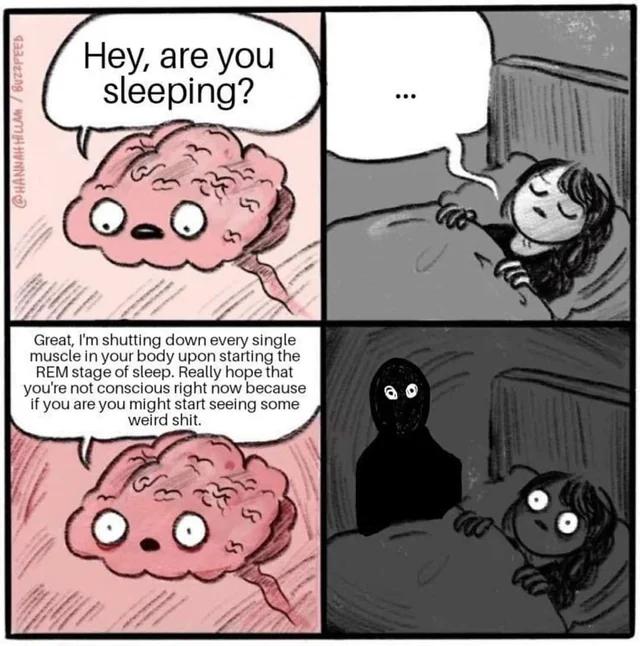Sleep paralysis (SP) is a dissociative state that occurs mainly during awakening. SP is characterized by altered motor, perceptual, emotional and cognitive functions, such as inability to perform voluntary movements, visual hallucinations, feelings of chest pressure, delusions about a frightening presence and, in some cases, fear of impending death. Most people experience SP rarely, but typically when sleeping in supine position; however, SP is considered a disease (parasomnia) when recurrent and/or associated to emotional burden. Interestingly, throughout human history, different peoples interpreted SP under a supernatural view. For example, Canadian Eskimos attribute SP to spells of shamans, who hinder the ability to move, and provoke hallucinations of a shapeless presence. In the Japanese tradition, SP is due to a vengeful spirit who suffocates his enemies while sleeping. In Nigerian culture, a female demon attacks during dreaming and provokes paralysis. A modern manifestation of SP is the report of “alien abductions”, experienced as inability to move during awakening associated with visual hallucinations of aliens. In all, SP is a significant example of how a specific biological phenomenon can be interpreted and shaped by different cultural contexts. In order to further explore the ethnopsychology of SP, in this review we present the “Pisadeira”, a character of Brazilian folklore originated in the country’s Southeast, but also found in other regions with variant names. Pisadeira is described as a crone with long fingernails who lurks on roofs at night and tramples on the chest of those who sleep on a full stomach with the belly up. This legend is mentioned in many anthropological accounts; however, we found no comprehensive reference on the Pisadeira from the perspective of sleep science. Here, we aim to fill this gap. We first review the neuropsychological aspects of SP, and then present the folk tale of the Pisadeira. Finally, we summarize the many historical and artistic manifestations of SP in different cultures, emphasizing the similarities and differences with the Pisadeira.
